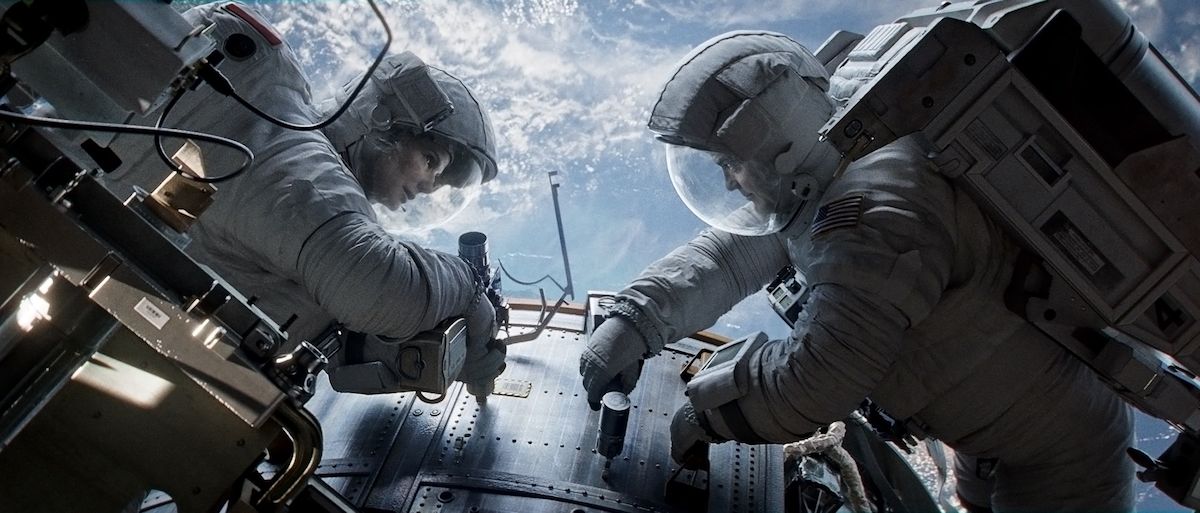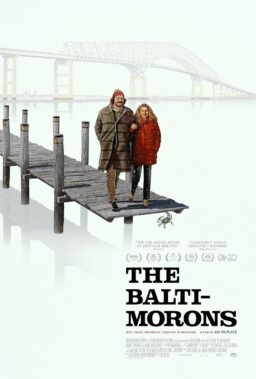The 70th edition of the Venice Film Festival has just launched, and the view from the top window of the imposing Palazzo is troubling as ever. There is still a gaping hole at the center of the Lido—a literal one. Construction works for the new house of the Festival began and then stopped, unearthing asbestos along with a few political scandals. For as long as I can remember, Venice has bathed in an atmosphere of precariousness, with the event torn between its prestigious past and an increasingly shrinking future. In the past ten years Cannes leapt ahead with better programs and,
crucially, better Golden Palms compared to the diminishing returns of some recent Golden Lions. Meanwhile, the emergence of the Toronto International Film Festival has taken away much of the business appeal and a good chunk of American journalists. It’s as if the trademark experimental,
deconstructive style at the core of the Festival’s brand identity has crept into the walls, transforming the whole thing into a giant monument to the unfinishedness.
And yet, in spite of itself, the Venice Film Festival remains the first gateway to a world of awards-season riches, supplementing premieres with daring competition choices which make you gladly take the hits along with the misses. And for every questionable prize handed out in recent years there is the odd title that used Venice as a springboard to success in Europe and the USA. In a way, what just started again here, on this small island just off the Floating City, is an amazing feat of endurance. It’s about turning the expectation of the fall into the force that keeps you standing.
Even though the Festival—like any other object seemingly on its way down—has to worry about gravity, it can certainly count “Gravity” among its strongest assets. By far the best Opening Film of the last decade in Venice, this elegant survival thriller set in space marks the anticipated return of Alfonso Cuarón behind the camera, seven years after the very solid “Children of Men.” “Gravity” is the rare case of a movie in which technical prowess and formal ambition end up enhancing the streamlined intimacy at the heart of the piece. The visual echoes of “Children of Men”‘s long takes
and inventive set-pieces have not died down since its 2006 Venice premiere, and viewers going into “Gravity” with similar memories will find enough material to match and even surpass them. There is something reassuringly classical in the way Cuarón sets up the narrative of a routine mission carried out by veteran astronaut Kowalski (George Clooney) and Dr. Stone (Sandra Bullock), a scientist fresh out of the simulator. It’s all so relaxed that it sometimes tricks you into forgetting you’re watching a (once again) elaborate long take set in deep space, with people floating around cables and impressive pieces of machinery, and the camera floating right along them, weightless yet so purposeful.
Of course things quickly start going wrong in all sorts of ways, but if you must be left adrift in space it’s a good thing to have DP Emmanuel Lubezki’s
camera gently yo-yoing around you, going from long, contemplative shots to the inside of your helmet in single, stunning motions. Lubezki is a trusted collaborator of Cuarón as much as he is of Terrence Malick, for whom he shot the last three (soon to be four) movies, and his work here deserves no less praise than his contribution to “The Tree of Life.” Still, it’s his credit on Michael Mann’s “Ali” that came to my mind while I was watching “Gravity”: it’s how Mann shot the action in the ring differently than, say, “Raging Bull” that best describes what Cuarón did for space and movement in comparison to De Palma’s “Mission to Mars.” The kinetic energy in the frame seems to lure the camera in, making it dance to its tune rather than letting it dictate the action.
If this makes “Gravity” sound too involved in its own visual style, I must reiterate that it actually serves the intimate core of the story first and foremost—a story so simple and
driven that I won’t explore it further than its basic premise for fear of spoiling it. Sandra
Bullock gives a very strong central performance, evoking in a couple of sequences a more ‘realistic’ version of the “Alien“/”Prometheus” woman archetype. With fewer monsters and more honest emotional scars. Clooney, at the same time, leverages the best of his on-screen persona,
making him a smart choice for the role. I’m not sure many other actors could have rescued a particular plot-point in the way he did.
Admittedly, “Gravity” works better in setting up the stage than in pursuing its development: the urgency of survival instinct kicking in leads to some heavy-handed symbolism which, just like music over the silence of space, you wish could have been
muted. But it doesn’t really matter. This is a film that cements Cuarón’s reputation, or at least wipes some dust off his track record and makes it as shiny as it should be.











